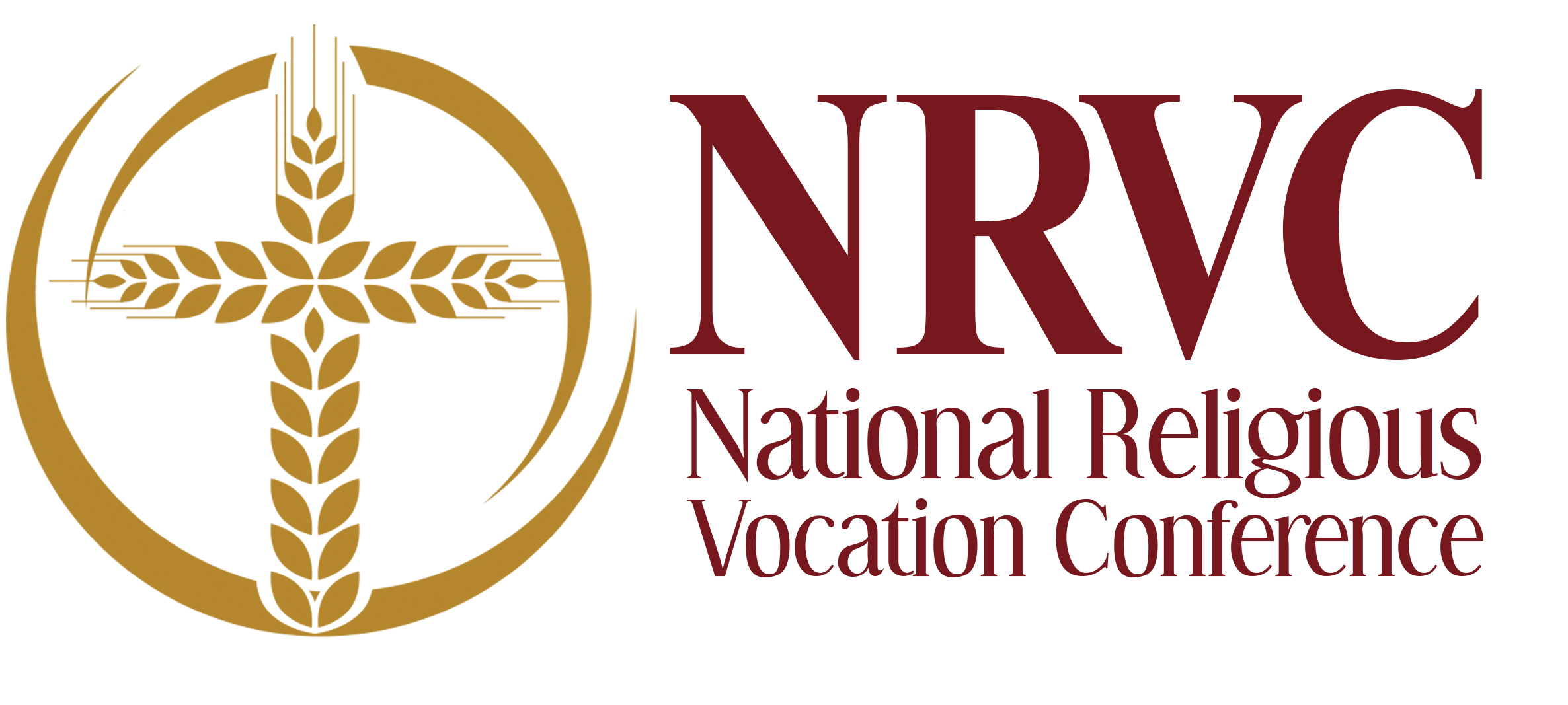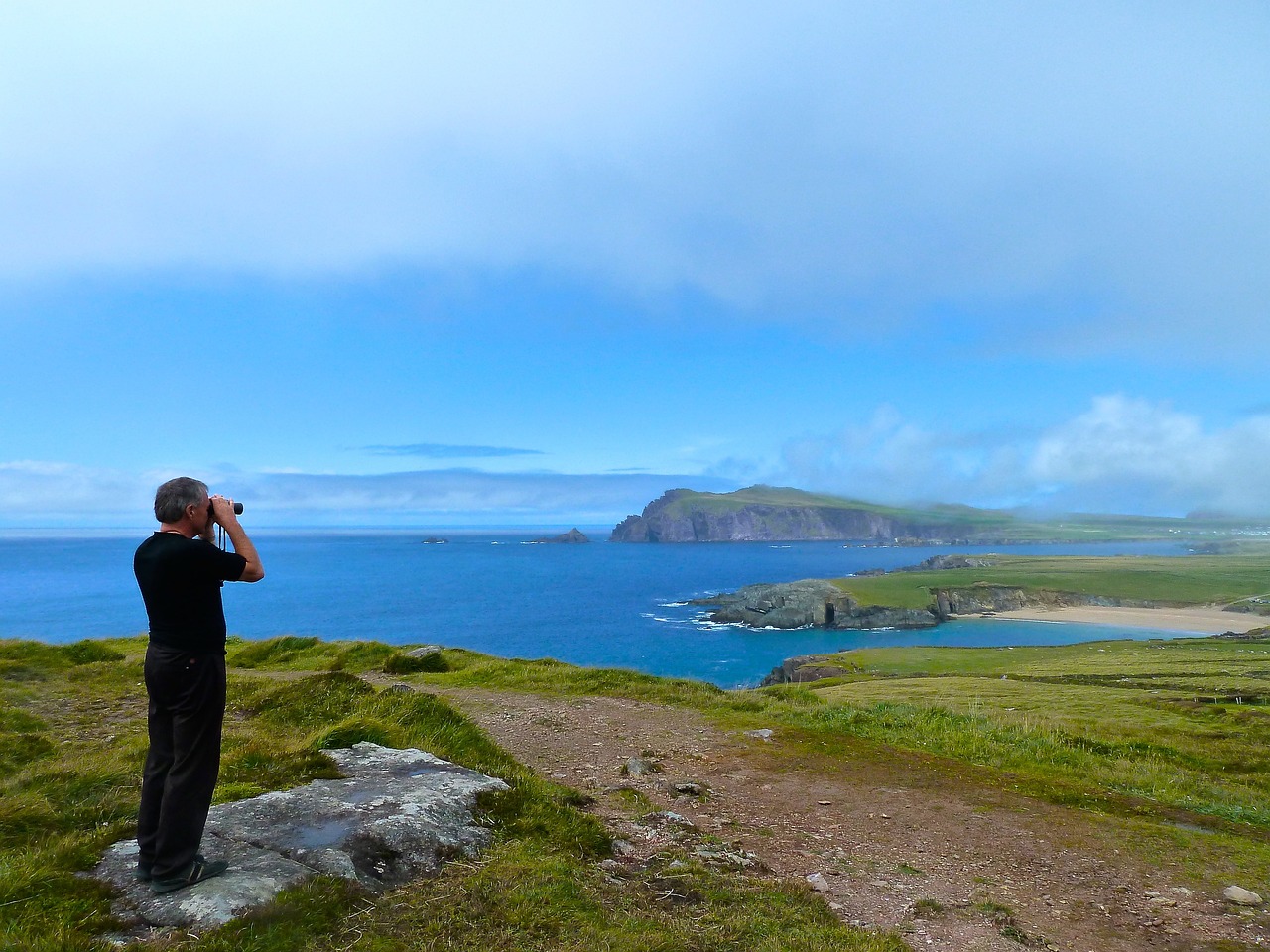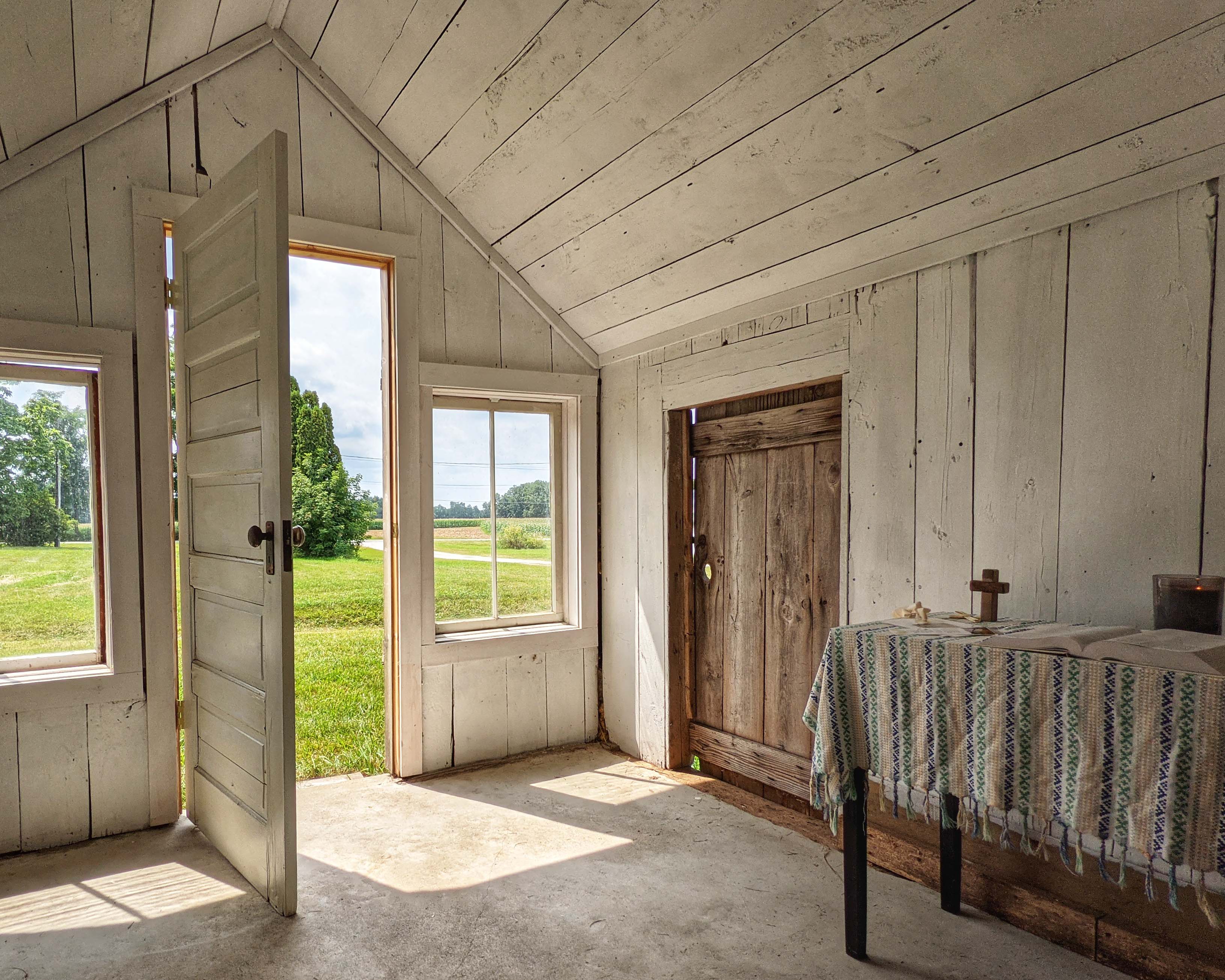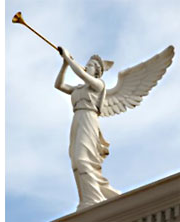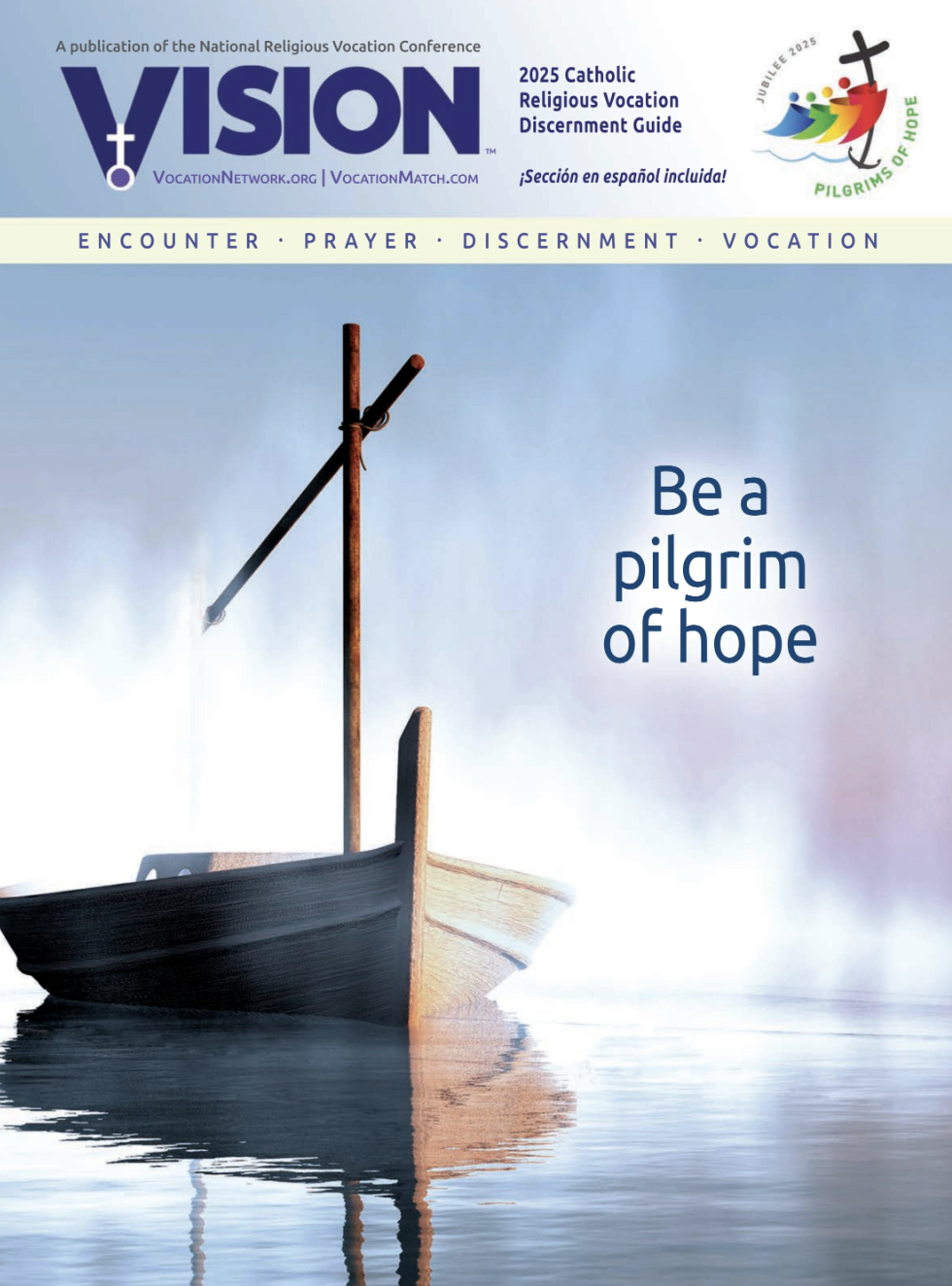|
TO WHAT DO YOU PLEDGE ALLEGIANCE?
Philosopher Daniel Klein notes that we tend to pledge allegiance to everyday reality. The rhythms of life settle into our souls and make us unconsciously loyal to the way things are. This is why social change, reevaluating our priorities, or revising our theology is such a distressing proposition. We commit on a primal level to what's familiar and known.
Pledging allegiance to reality, of course, negates the possibility of progress. It implies that at some preferred moment of history, humanity got it right, or right enough to halt and go no further. Some might agree that a moment before the world embraced nuclear arms was a preferable hour. But how far are we willing to dial back technological evolution: before AI, computers, and cell phones? Before airplanes, cars, and trains? Before the first rifle? Before the printing press?
Many of us identify a favorite pope, president, or era in which we felt safer and more secure. Some folks choose to rest their religious principles with the Council of Trent, while others hedge all their hopes on a mythical Vatican III. It can be clarifying to separate our comfort zone from a space generous enough for a wider window on truth. Could we admit, at least, that the truth may not be identical to how a particular idea makes us feel? Feelings are a notoriously unpredictable divining rod on the path of understanding. Could we accept a pledge of allegiance to a greater truth than the one we perceive today?
—Alice Camille,
reprinted with permission from TrueQuest Communications
|
